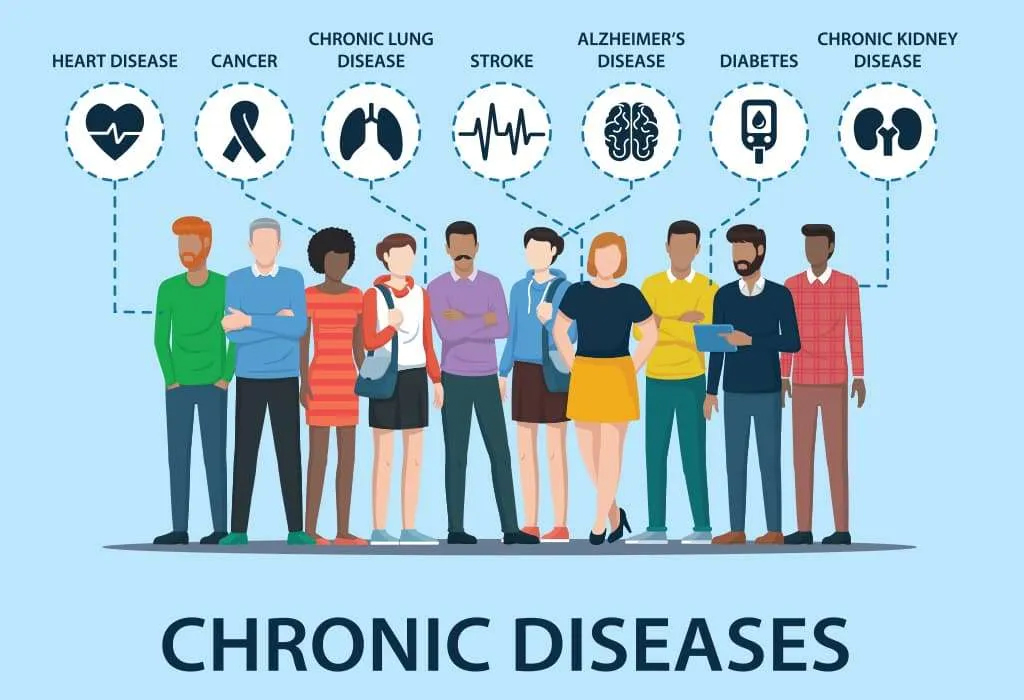One in every five Australians and New Zealanders will experience chronic (or persistent) pain at some point.
Dr. George Hatoum, an experianced general practitioner since 2007, defines chronic pain as pain that lasts longer than the typical recovery time following an injury or illness—typically 3 to 6 months. It is a widespread and complicated disorder, with pain ranging from minor to severe. Chronic pain is distinguished by the fact that it’s ongoing or experienced over most days of each week.
Chronic pain can be caused by an injury, musculoskeletal conditions, surgery, arthritis, or many other medical conditions, including cancer, endometriosis, or migraines. There may be no apparent physical cause in some circumstances.
Suppose the patient does have a chronic condition. In that case, Dr. George Hatoum recommends that they could be able to receive care through one of the following programs:
- GPMP (General Practitioner Management Plan)
- TCA (Team Care Arrangement)
Chronic health issues have been for at least six months or are anticipated to be present in the future. According to Dr. George Hatoum, this includes the following:
- Asthma
- Cardiovascular disease
- Cancer
- Musculoskeletal conditions
- Diabetes
- Kidney disease
- Stroke
This care plan aids in coordinating care and reducing the number of ad hoc consultations. They help keep detailed, accurate, and up-to-date records of a patient’s diagnosis and treatment.
According to Dr. George Hatoum, creating a care plan might encourage patients to take charge of their treatment. Patients may well be able to recognize things they might do to help the medicine reach its aims.
How can you prepare for a TCA or GPMP?
The patient’s usual medical practitioner should provide GPMP and TCA items. According to Dr. George Hatoum, being a patient’s usual medical practitioner entails:
- Have given the majority of the patient’s services in the last 12 months
- Will provide the majority of services during the following 12 months
GPMP (GP Management plan)
As per Dr. George Hatoum’s experience(& as required by Medicare) , you should do the following while prepping for a GPMP:
- Explain to your patient the stages involved in creating the strategy
- Keep a record of their agreement to proceed
Then you should create a plan that includes:
- The patient’s healthcare requirements, health issues, and pertinent conditions
- Your patient’s management objectives and activities
- Treatment and services required by your patient
- Treatment and service delivery arrangements
- Make plans to examine the strategy
Once your patient has agreed on their GPMP, Dr. George Hatoum suggests providing them with a copy. Also, he includes a copy in their medical record. To prepare a GPMP, bill items 229 or 721.
TCAs (Team Care Arrangements)
When creating TCAs, you must consult with only a multi-disciplinary team. An interdisciplinary team consists of:
- The patient’s primary care physician
- At least two other health or care professionals, one of whom could be a medical practitioner
- Each team member must provide a unique form of continuous therapy or service. All members do not have to be Medicare-eligible health practitioners
- This team does not include your patient’s unofficial or family caregiver
When it comes to TCA coordination, Dr. George Hatoum offers the following advice:
- Discuss with your patient the processes involved in producing TCAs
- Keep track of whether the patient agrees to proceed
- Discuss the interdisciplinary team that will work on the TCAs and provide services and treatments
Dr. George Hatoum recommends that the Medicare rules are followed re including the following in your TCA documentation:
- Patient treatment and service objectives
- Treatments and services that participating providers have committed to deliver Actions that the patient must do
- Once you’ve finished the TCAs document:
- Provide a copy to the patient and copies of relevant sections of the document to collaborating physicians.
- Make a document duplicate and place it in the patient’s medical file.
- TCAs can be prepared by billing items 230or 723.
Eligibility of the patient
According to Dr. George Hatoum, the patient must have a chronic or terminal health condition to be qualified for a GPMP. TCAs are also available if they require long-term treatment from a multi-disciplinary team. Whereas many patients will have to be qualified for both a GPMP & TCAs, you can offer both treatments separately.




